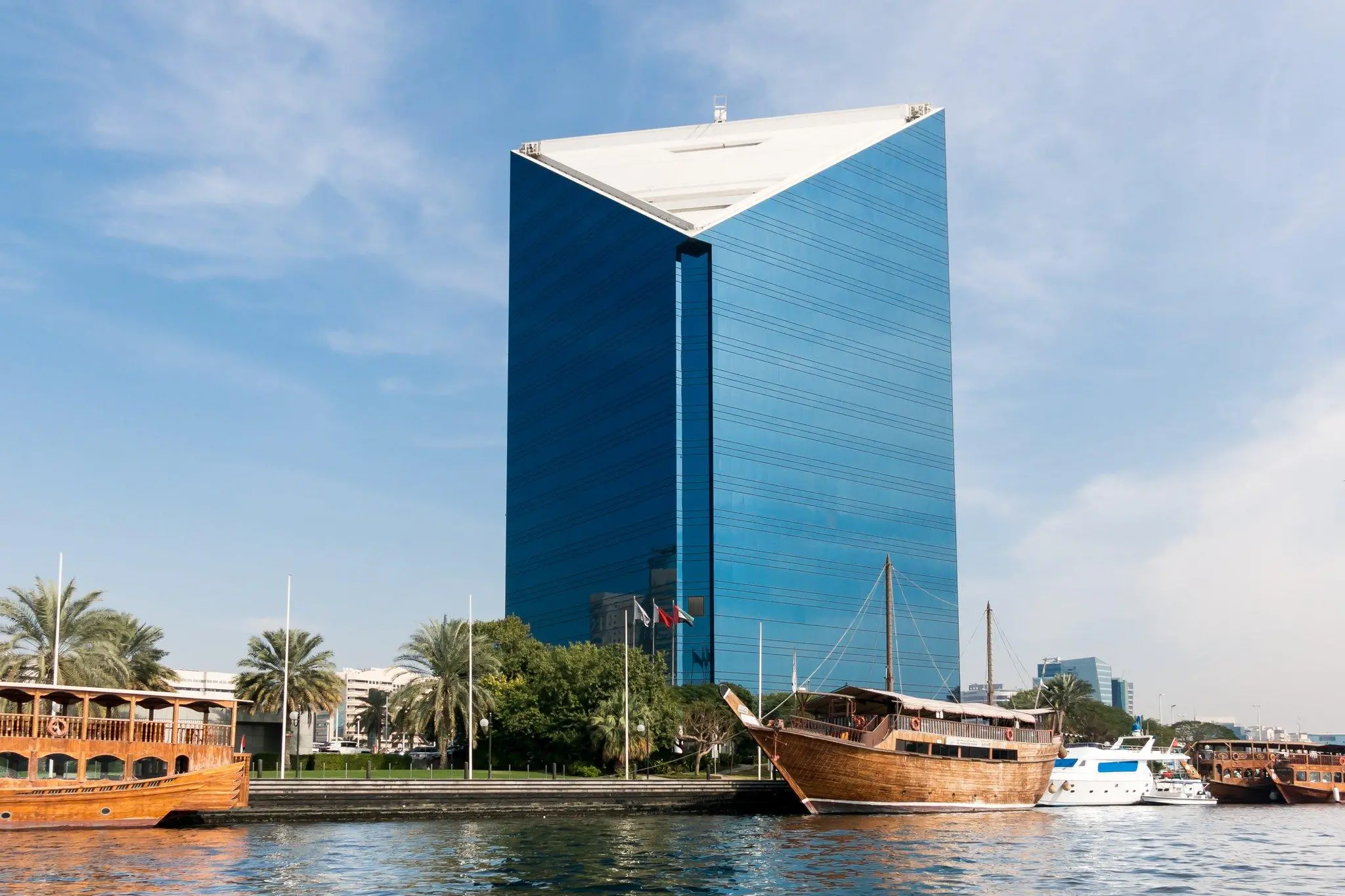PHOTO
Companies in the UAE have taken the lead in exploring growth opportunities in the ASEAN markets, with the majority of GCC investments (74 percent) made over the last five years coming from the Emirates, according to a whitepaper released on Monday.
Between January 2016 and September 2021, GCC investments in markets under the Association of Southeast Asian Nations (ASEAN), which include Singapore, Malaysia, Thailand, Vietnam, Philippines, Indonesia and Cambodia, among others, reached $13.4 billion, said the report produced by the Economist Intelligence Unit (EIU) and commissioned by Dubai Chamber.
The investments include UAE’s B2B e-commerce provider Distichain’s foray into Singapore and DP World’s $1.2 billion deal with Maspion Group to build an international container port and industrial logistics park in Java, Indonesia.
One of the latest, and possibly the largest, investments was the announcement in July 2021 by Mubadala-owned GlobalFoundries, that it will set up a $4 billion semiconductor plant in Singapore. “This is indicative of the UAE’s ambitions on the global stage and highlights its intention to play a role in alleviating the current global shortage in semiconductors as well as its reliance on countries in Asia to realise these goals,” the report said.
Oil and petrochem
The GCC’s investments in ASEAN have been largely focused on the oil and petrochemicals industry. Between 2016 and 2021, about $4.3 billion worth of investments in oil refineries, petrochemical facilities and trading offices in key markets such as Indonesia, Malaysia and Singapore, were announced.
These included investments from Oman-based Overseas Oil & Gas in 2016 and from Saudi Aramco into an oil refinery in Malaysia alongside Petronas in 2019. However, beyond oil and gas, Gulf companies have shown interest in other sectors that have the strong potential for growth, such as food and beverage.
“The GCC’s investments are beginning to target some of ASEAN’s growth sectors, including fintech, e-commerce and logistics,” the report said.
Trade opportunities
The Dubai Chamber whitepaper also looks at the trade synergies between ASEAN and GCC markets, aside from business opportunities between the two regions.
The GCC region is a key export market for products made in ASEAN, such as electronics and machinery, which accounted for 28 percent and 12 percent of the $144 billion worth of imports from ASEAN between 2016 and 2020, respectively.
However, according to the report, there is a trade imbalance between the two regions. The GCC accounts for only 2 percent of ASEAN’s total imports between 2016 and 2020, while the ASEAN region accounts for just 4 percent of the GCC’s total exports over the same period, amounting to $126 billion.
The report noted that there is room for trade growth between the two regions. For instance, the report said, the GCC region currently sources 7 percent of its food and beverage imports from the ASEAN region, which is known for its production of rice, soybeans and tropical fruits.
“The GCC could explore a wider variety of agricultural products to import. Strengthening transport and logistics links as well as harmonising rules for halal products may enable greater trade in agriculture, food and beverages between the two regions,” the report said.
(Reporting by Cleofe Maceda; editing by Seban Scaria)
Disclaimer: This article is provided for informational purposes only. The content does not provide tax, legal or investment advice or opinion regarding the suitability, value or profitability of any particular security, portfolio or investment strategy. Read our full disclaimer policy here.
© ZAWYA 2021





















